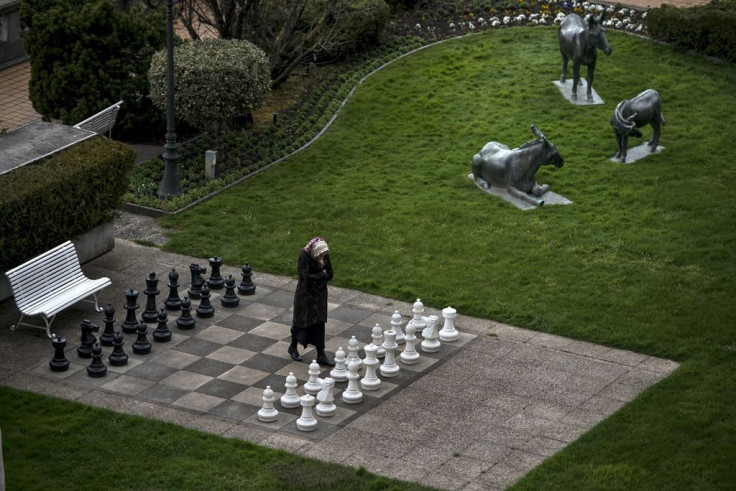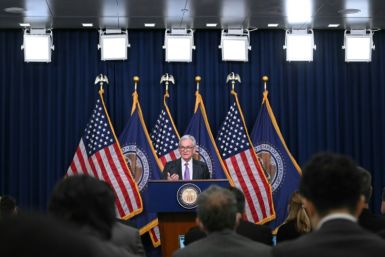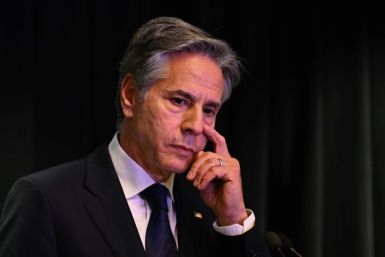Iran Nuclear Deal: US Hopeful, Middle East ‘Concerned’

The U.S. administration expects to crack a nuclear agreement deal with Iran on the final day of negotiation on March 31. However, several national politicians have already expressed grave concerns about the deal, which, according to them, may start a nuclear war in the Middle East.
Middle Eastern countries have apparently grown anxious about the possibility of the nuclear deal. Some American politicians seem to agree. According to Sen. Lindsey Graham, a “bad deal” will lead to a nuclear arms race in the Middle East and put Israel in an indefensible situation.
Meanwhile, Russia’s Foreign Minister Sergei Lavrov said that there were “very good” prospects of a preliminary agreement on Iran's nuclear program as the negotiations entered its final day on March 31. "I believe that the prospects are very good and promising," Lavrov said on Tuesday.
According to correspondents, there are still difficulties while officials claim there has been a definite progress. On the other hand, the White House believes that there is a “50-50" chance of cracking a nuke deal with Iran. White House spokesman Eric Schultz said that talks would “go down the wire.” He refused to “presuppose failure” as U.S. officials continued to work on the deal with utmost sincerity.
Saudi Arabia has candidly expressed it displeasure about the potential nuke deal. However, Saudi officials have preferred to address the issue in a moderate manner. The Saudi Ambassador to the United States, Adel Jubeir, said that his country would wait for the outcome before criticising it. Israel, on the contrary, has been straightforward about its opposition against any such agreement.
Saudi officials earlier said that they would resort to Pakistan in case they felt threatened by Iran’s nuclear power. The Brookings Institution analyst Bruce Riedel noted that Saudi had given a “very calculated signal” by displaying its Chinese-made intermediate-range ballistic missiles in 2014. The missiles are capable of reaching Tehran. The general who controls Pakistan’s nuclear arsenal was present at the parade.
U.S. Secretary of State John Kerry earlier said that talks on Tuesday would be crucial. "There are still some tricky issues,” he said, “Everyone knows the meaning of tomorrow.
Contact the writer: s.mukhopadhyay@ibtimes.com.au






